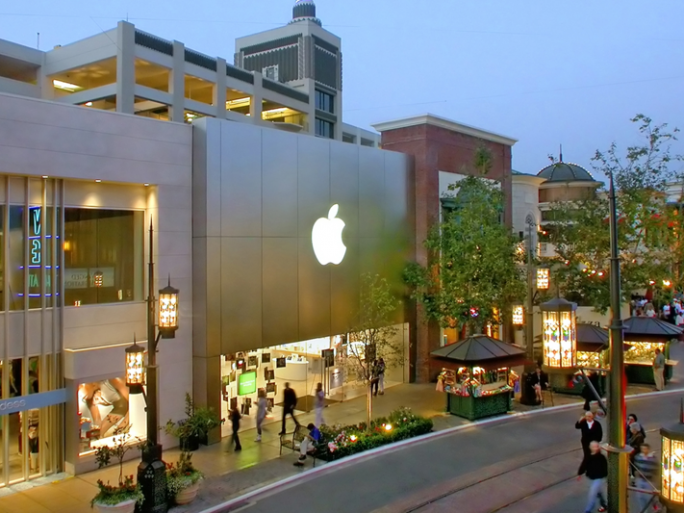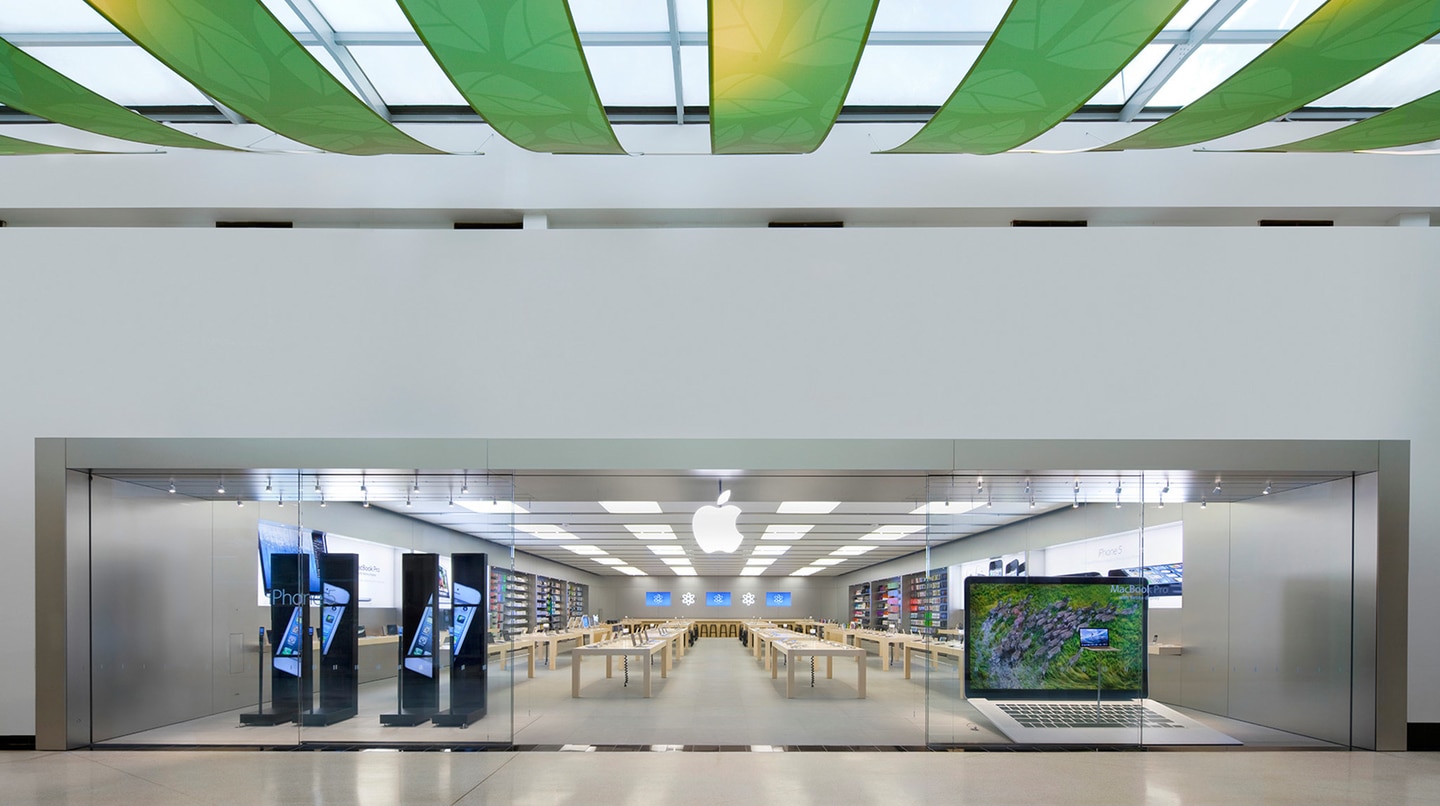US Judge Approves Apple Settlement In Retail Class Action Lawsuit

US federal judge approves settlement offered by Apple in nearly decade-old case over compensation for unpaid time Apple Store staff spent in bag checks
A US federal judge has approved Apple’s settlement in a nearly decade-old class action lawsuit in which Apple Store retail staff contested the company’s bag check policy.
The settlement approved by US District Judge William Alsup in San Francisco will mean an average payout of $1,328 (£1,100) to the staff involved and a $10m payment to the lawyers in the case.
Two former Apple Store employees filed the lawsuit in California in 2013, claiming they should be paid for the time they spent in required security procedures.
Apple’s policies required that staff bags, purses, backpacks briefcases and personal Apple devices be searched to ensure employees weren’t carrying out theft, but staff said the procedures forced them to wait as long as 45 minutes before they were allowed to leave the premises, time for which they were not paid.

‘Is this true?’
Papers filed in the lawsuit in 2015 revealed that Apple chief executive Tim Cook was unaware of the policies.
The documents said that at least two retail employees had complained directly to Cook about the procedures, and that Cook had forwarded the complaints to senior retail and human resources executives, asking, “Is this true?”
A California judge dismissed the lawsuit in 2015, but after an appeal the United States Ninth Circuit Court of Appeals asked the California Supreme Court to clarify the law.
In February 2020 the California Supreme Court ruled that state law requires employees to be paid for the time they spend in mandatory security checks.
Decade-long litigation
When Alsup initially dismissed the case in 2015 he found that compensation wasn’t required because workers were not obliged to bring personal items to work that would then have to be screened.
The 2020 California Supreme Court ruling decided, by contrast, that compensation was necessary because it was unrealistic to expect employees not to bring personal items to work.
Alsup wrote that the settlement offered “significant monetary recovery” to the plaintiffs and that the recovery was “fair, reasonable, and adequate”.